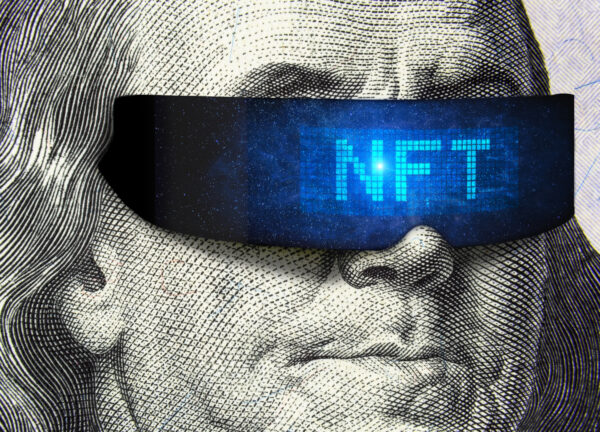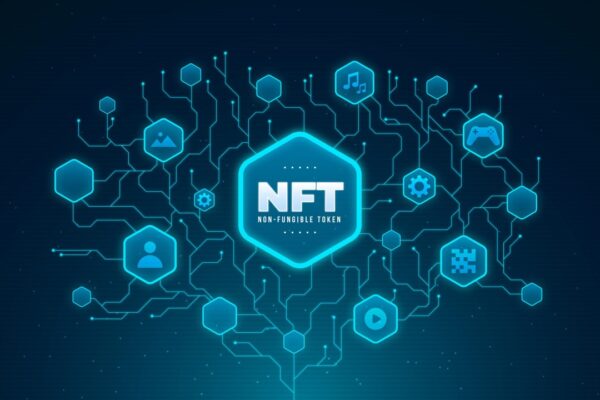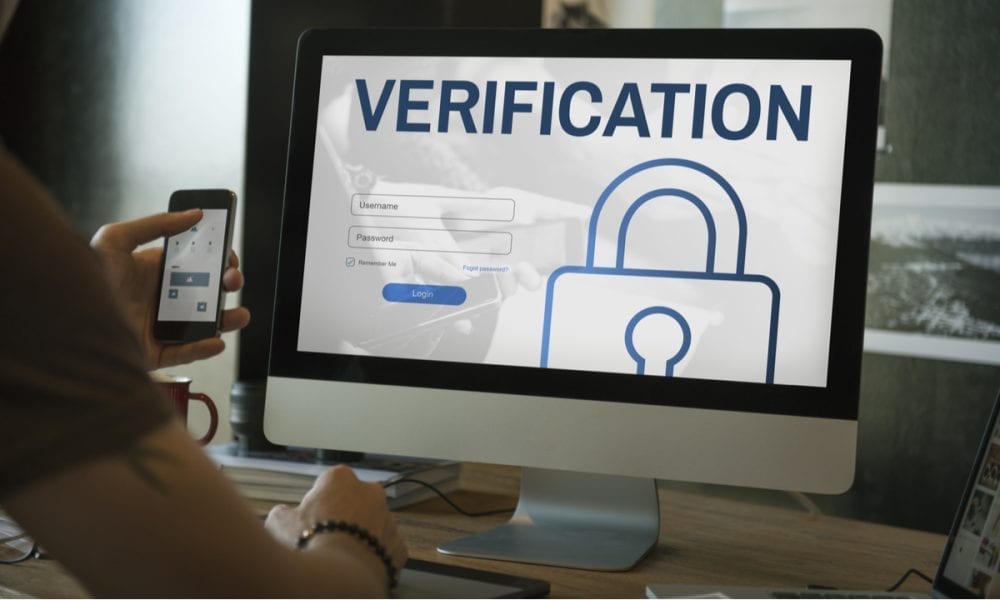In today’s digital age, identity verification has become a crucial aspect of our lives. We need to verify our identity for various purposes, such as opening a bank account, applying for a loan, or accessing online services. However, traditional methods of identity verification are often cumbersome, time-consuming, and prone to fraud. This is where NFTs (Non-Fungible Tokens) come in.
What are NFTs?
NFTs are digital assets that represent ownership of unique items or pieces of content, such as artwork, music, or videos. Each NFT is unique and cannot be replicated, making it a valuable asset in the digital world. NFTs are stored on a blockchain, which is a decentralized ledger that records transactions securely and transparently.

How can NFTs be used for identity verification?
NFTs can be used to verify a person’s identity in a secure and efficient way. Here’s how it works:
- A person creates an NFT that represents their identity, including personal information such as name, address, and photo.
- The NFT is stored on a blockchain, which ensures that it cannot be tampered with or duplicated.
- The person can use the NFT to verify their identity for various purposes, such as applying for a loan or accessing online services.
- The NFT can be easily shared with third parties, such as banks or government agencies, to verify the person’s identity.

Using NFTs for identity verification has several benefits:
- It is secure: NFTs are stored on a blockchain, which is a decentralized ledger that records transactions securely and transparently. This ensures that the NFT cannot be tampered with or duplicated.
- It is efficient: NFTs can be easily shared with third parties, which saves time and reduces the risk of fraud.
- It is user-friendly: Creating and using an NFT is easy and user-friendly, making it accessible to a wide range of people.
NFTs have the potential to revolutionize the way we verify our identity in the digital world. By using NFTs, we can ensure that our identity is secure, efficient, and user-friendly. As NFTs continue to gain popularity, we can expect to see more applications of this technology in various industries, including finance, healthcare, and government.

